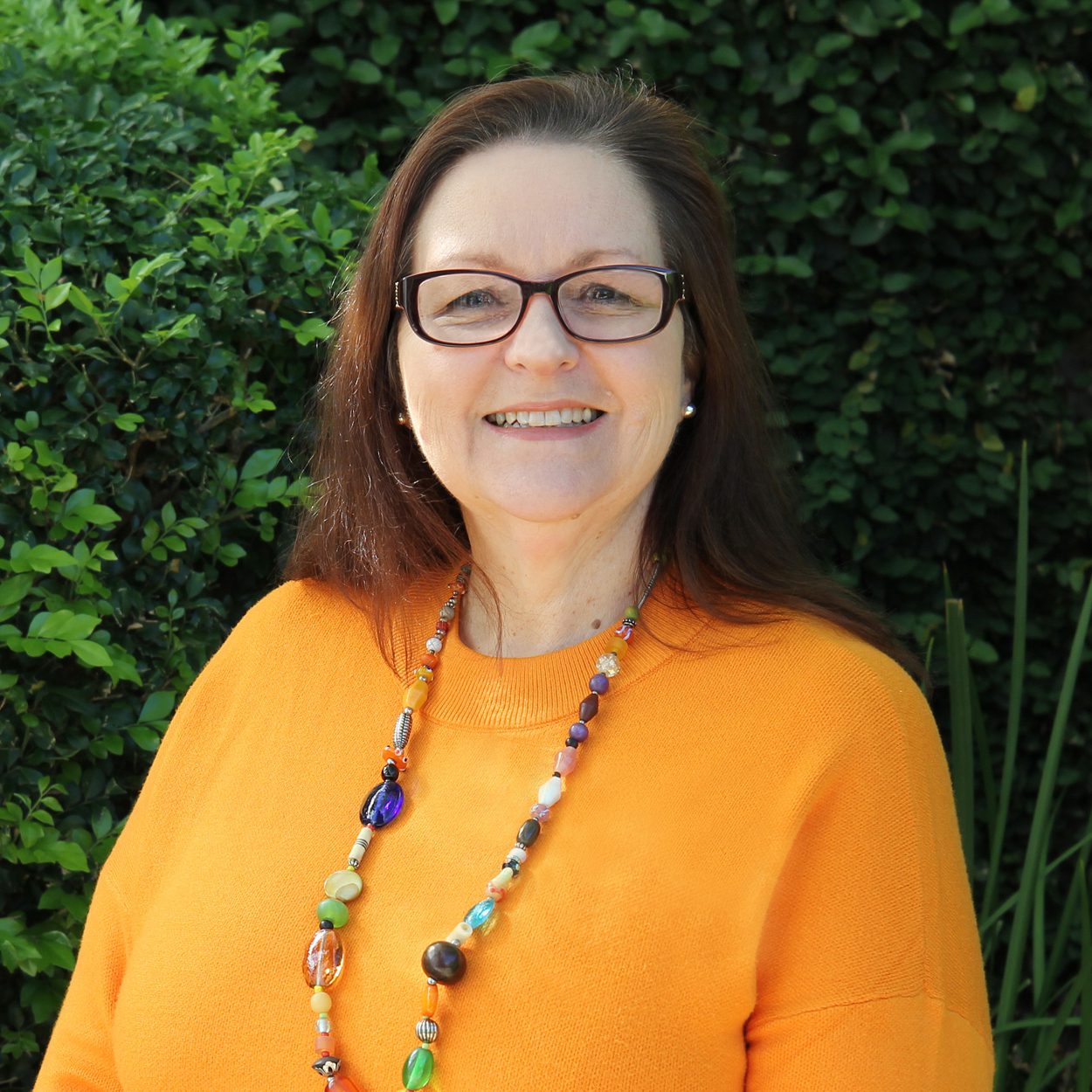I am a Senior Psychologist and Clinical Manager and joined the Primary Mental Health Services team at Hunter Primary Care seven years ago. What I love most about working at Hunter Primary Care is the opportunity to be part of a team that is professional and values professionalism, as well as providing services to clients who would otherwise be unable to access support.
I joined the RAP Working Group having spent 25 years living in northern Australia (NT, QLD) with increased contact with Aboriginal and Torres Strait Islander people, including working within services run by those communities for those communities. I hoped that my exposure to culture and community needs would increase my level of understanding of reconciliation related topics as they pertain to Hunter Primary Care staff, clients and broader community. I also believe the exposure I have had taught me how little I actually know and that I am willing to learn more.
To me, reconciliation means recognising that events of the past and in the present have impacted/continue to impact generations of Aboriginal and Torres Strait Islander people and it is vital for our society to work towards better outcomes and fairness.
As a non-indigenous person, I can be an ally to these communities to provide culturally responsive services in my therapy role and contribute via the RAP Working Group to Hunter Primary Care being more culturally sensitive. This includes proactive policies and procedures enshrined in our organisation. Being in the RAP Working Group allows me to be informed/educated by Aboriginal and Torres Strait Islander staff about their needs in the workplace to feel culturally safe and how to best interact with broader community. Being part of the RAP Working Group has resulted in me being involved in activities such as NAIDOC week, that I otherwise would have not experienced and that I have greatly enjoyed.
